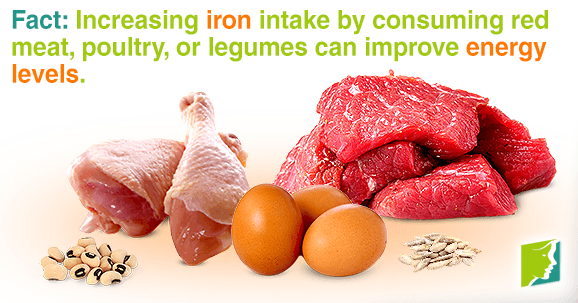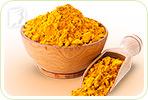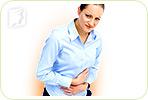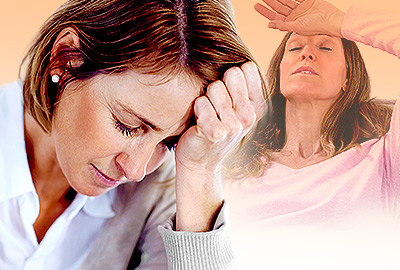Menopausal fatigue is an issue for many women in their forties and fifties. Characterized by extreme tiredness, physical achiness, and lack of energy, fatigue is likely to seriously temper a woman's enjoyment of life. There's no question that the condition ought to be tackled and treated to prevent this, but because fatigue is caused and exacerbated by so many factors, many myths exist about the most effective way of achieving this. Keep reading to discover the truth about menopausal fatigue and how best to deal with it.
MYTH: Hormonal Change Is the Only Cause of Menopausal Fatigue
FACT: There are a Number of Reasons for Menopausal Fatigue
When a woman enters her forties, hormone production decreases in preparation for menopause. This causes imbalances of the hormones estrogen and progesterone, which can induce fatigue. However, other symptoms that come about through these hormonal imbalances - such as night sweats, thyroid problems, and anxiety - are also disruptive to sleep and can contribute or cause fatigue.
MYTH: What I Eat Does Not Affect Fatigue
FACT: Dietary Choices Can Reduce or Worsen Fatigue
Fatigue is influenced by dietary factors and can be exacerbated by an absence of nutrients, the most common of these being iron. Iron assists in carrying oxygen to muscles, tissues, and organs in the body, and for this reason, it is essential to red blood health. Increasing iron intake by consuming red meat, poultry, legumes, or iron supplements can improve energy levels. Dehydration can also worsen fatigue; drinking around eight cups (2 liters) of fluids every day will hydrate the entire body and replenish energy and concentration levels.
MYTH: I Can Catch up on Sleep on the Weekends
FACT: Following a Regular Sleeping Pattern Will Help Combat Fatigue
Even if you have experienced interrupted sleep during the night, oversleeping the next morning will hinder your ability to sleep well the following evening. Structured sleeping patterns are key to achieving healthy sleep and preventing fatigue.
MYTH: Drinking Alcohol Helps Me Sleep
FACT: Alcohol Can Inhibit Restful Sleep
Alcohol consumption affects sleep and causes tiredness the following day even if a full eight hours of sleep are had. While alcohol acts as a sedative and makes it easier to fall asleep, sleep after drinking alcohol is likely to be interrupted and unsettled because of internal activity as the body tries to break down alcohol.
MYTH: Fatigue Is Making Me Stressed
FACT: Stress and Fatigue Are Mutually Exacerbating
Stress, anxiety, and depression are common causes of sleep disorders and, problematically, resultant fatigue can intensify stress, anxiety, and depression. Finding ways to relax in the evening promotes restful sleep and helps reduce anxiety. Spending an hour every evening unwinding by taking a bath, reading, or meditating could help with this.
Fatigue is a common complaint during menopause and, due to its numerous causes and contributing factors, treating it means scrutinizing your diet, environment, habits, and other influences on your well-being. It's likely that you'll need to adjust certain parts of your lifestyle in order to reduce fatigue, but this is a small sacrifice to make in exchange for the increased energy you'll experience in return.
Sources
- Better Health Channel. (2011). Fatigue fighting tips. Retrieved June 9, 2014, from http://www.betterhealth.vic.gov.au/bhcv2/bhcarticles.nsf/pages/Fatigue_fighting_tips
- National Health Service UK. (2013). Self-help tips to fight fatigue. Retrieved June 9, 2014, from http://www.nhs.uk/Livewell/tiredness-and-fatigue/Pages/self-help-energy-tips.aspx
- National Institutes of Health. (2013). Fatigue: MedlinePlus Medical Encyclopedia. Retrieved June 9, 2014, from http://www.nlm.nih.gov/medlineplus/ency/article/003088.htm
- Office on Women's Health. (2010). Menopause and mental health. Retrieved June 9, 2014, from http://womenshealth.gov/menopause/menopause-mental-health/




